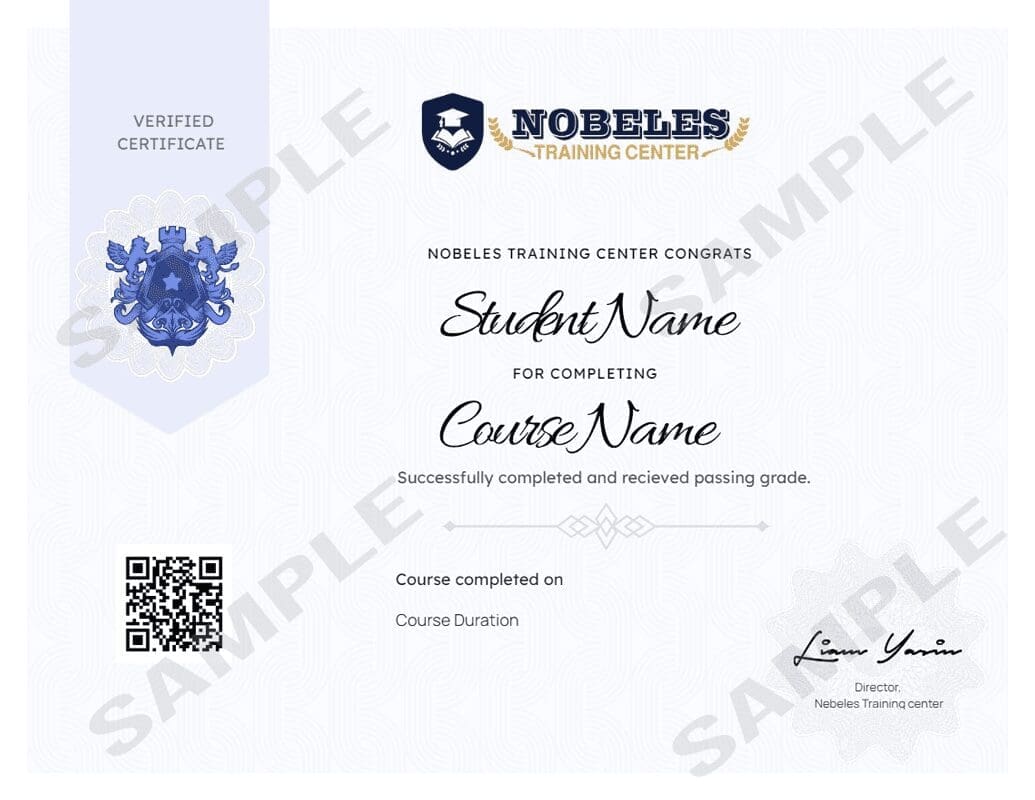Everyone will experience anxiety at some point in their lives. Anxiety is a normal reaction characterized by feelings of fear or apprehension. One of the leading places that individuals will experience anxiety or excessive stress is the workplace. While it is normal to have some fear or feel out of place at work occasionally, it can become a serious problem when the anxiety becomes unmanageable and keeps you from performing your everyday activities. Anxiety can have a negative impact on your quality of work, work performance, and affect your relationships with colleagues. Identifying your workplace anxiety and learning powerful coping strategies will help you to work with your anxiety, rather than against it.
With our Managing Workplace Anxiety workshop, your participants will learn resources and effective skills that will help them recognize and manage anxiety in the workplace. Participants will feel more confident in their professional environment, as well as more prepared to overcome the challenges that the workplace may bring.
Curriculum
- 10 Sections
- 10 Lessons
- 8 Hours
- Types of AnxietyTypes of anxiety include generalized anxiety disorder, social anxiety, panic disorder, and specific phobias. Each type presents unique symptoms and triggers, affecting individuals' ability to function in personal and professional settings.1
- Physical SymptomsPhysical symptoms of anxiety include increased heart rate, sweating, trembling, muscle tension, fatigue, headaches, and gastrointestinal issues. These symptoms can significantly impact daily functioning and overall well-being in the workplace.1
- Anxiety TriggersAnxiety triggers vary but often include work-related stress, tight deadlines, interpersonal conflicts, public speaking, and performance pressure. Identifying these triggers helps individuals develop coping strategies to manage anxiety effectively.1
- Anxiety vs. NervousnessAnxiety is a persistent, excessive worry often accompanied by physical symptoms, while nervousness is a temporary, situational response to specific stressors, typically less intense and more manageable than anxiety.1
- Recognizing Anxiety in OthersRecognizing anxiety in others involves observing signs like restlessness, changes in behavior, withdrawal, irritability, and physical symptoms. Active listening and empathy can help create a supportive environment for those experiencing anxiety.1
- Coping Strategies (I)Coping strategies for managing anxiety include deep breathing exercises, mindfulness meditation, physical activity, journaling, and seeking social support. These techniques help reduce symptoms and promote emotional well-being in stressful situations.1
- Coping Strategies (II)Additional coping strategies for anxiety include cognitive restructuring, time management, setting realistic goals, practicing self-compassion, and utilizing relaxation techniques like progressive muscle relaxation to enhance resilience and reduce stress.1
- Acknowledge the SituationAcknowledging the situation involves recognizing and accepting anxiety without judgment. This awareness allows individuals to understand their feelings, assess triggers, and develop effective coping strategies, fostering resilience and emotional growth.1
- When to Seek Extra Help?Seek extra help for anxiety when symptoms persist, interfere with daily life, or lead to significant distress. Professional support from a therapist or counselor can provide effective strategies for managing anxiety effectively.1
- Post TestPost Test1


